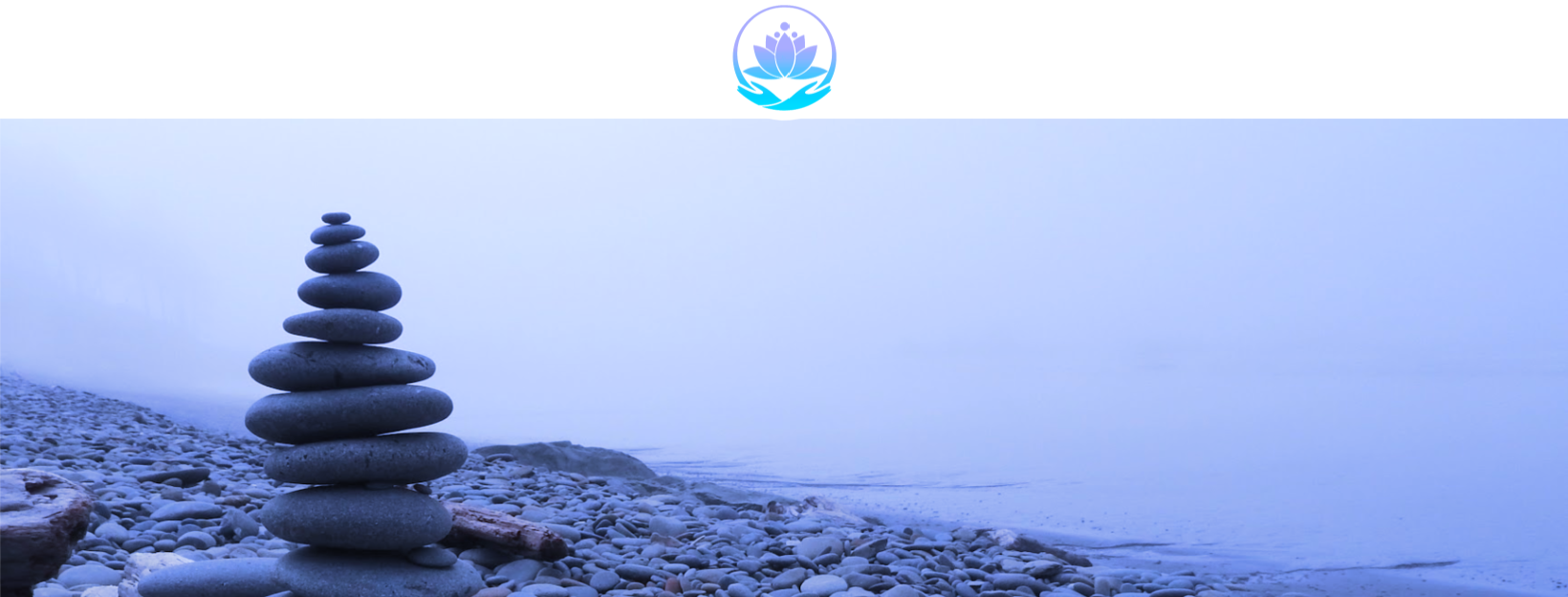
What is Reiki?
Reiki is a healing modality with roots in Japan, though it may be much older. The tradition of hands-on healing goes back thousands of years. Reiki is a technique for stress reduction and relaxation that promotes healing for the body, mind, and spirit. Reiki as a healing modality is based on the idea that a life force energy flows through us and influences our health or stress levels.
Although Reiki can deepen a person’s spiritual awareness it is not linked to any religion and has no dogma. Reiki welcomes all religious belief systems and those who have no specific affiliations.
How does it work?
In Reiki tradition Reiki moves and harmonizes energy flows in the body, the “Ki” or “Chi.”
Medical studies suggest Reiki treatment affects the nervous system, quieting the sympathetic (“fight-or-flight”) system associated with stress responses, and shifting to the parasympathetic nervous system (“rest, digest, and restore”), stimulating the body’s ability to heal. That’s the left-brained stuff there.
In Reiki the client is treated as a whole, and Reiki healing energy may flow to the body, mind, emotions, and spirit. It goes where it is needed. Reiki does not violate free will, cannot go where it is not welcome, and is incapable of doing any harm. It literally "Can't hurt!"
In Reiki classes students are given the ability to use Reiki energy through a process known as “attunement,” “ignition,” or “placement” (depending on the lineage).
What can Reiki be used for?
Reiki is commonly used for relaxation and stress management, for pain management, for support in any situation for which the client is receiving medical help, and for help in releasing anything which doesn’t serve the client. Many people find they are more resilient and less reactive to stressors in their lives following a treatment. Reiki can be sent to a situation, too—current, past, or future.
Reiki is a complement, not an alternative, to medical care. It does not replace medical attention. A Reiki practitioner is not there to diagnose or prescribe. Reiki acts as a support for the healing of the body, mind, and spirit. Reiki often goes to work in areas you didn't even know you needed. Many people seek out Reiki initially to address physical issues, and then find they also received deep emotional healing over time. The benefits of Reiki are cumulative.
Reiki is offered in many hospitals and other facilities as a support to patients and their families. Reiki is also increasingly being used to benefit the staff of these facilities, to help alleviate stress and burnout.


